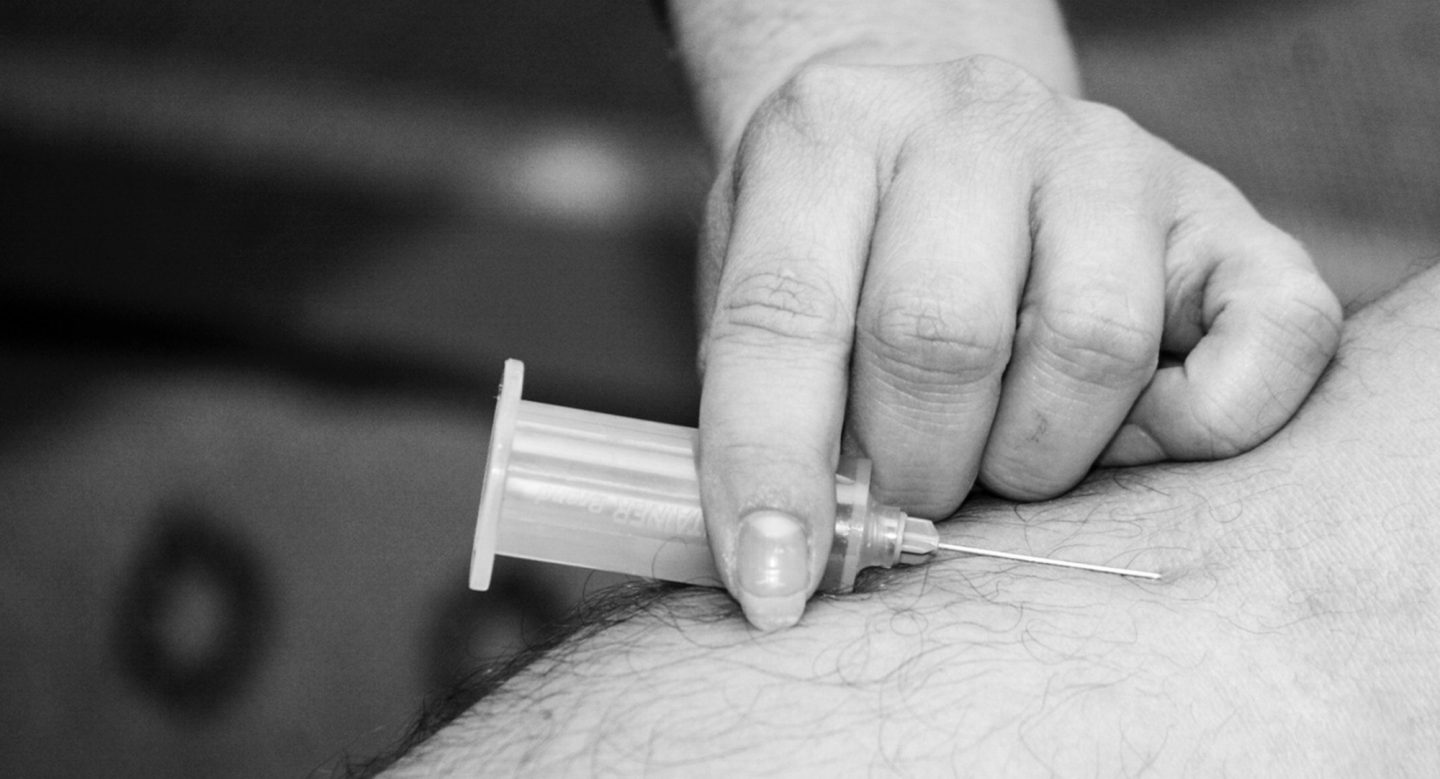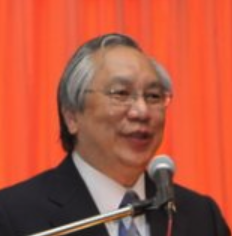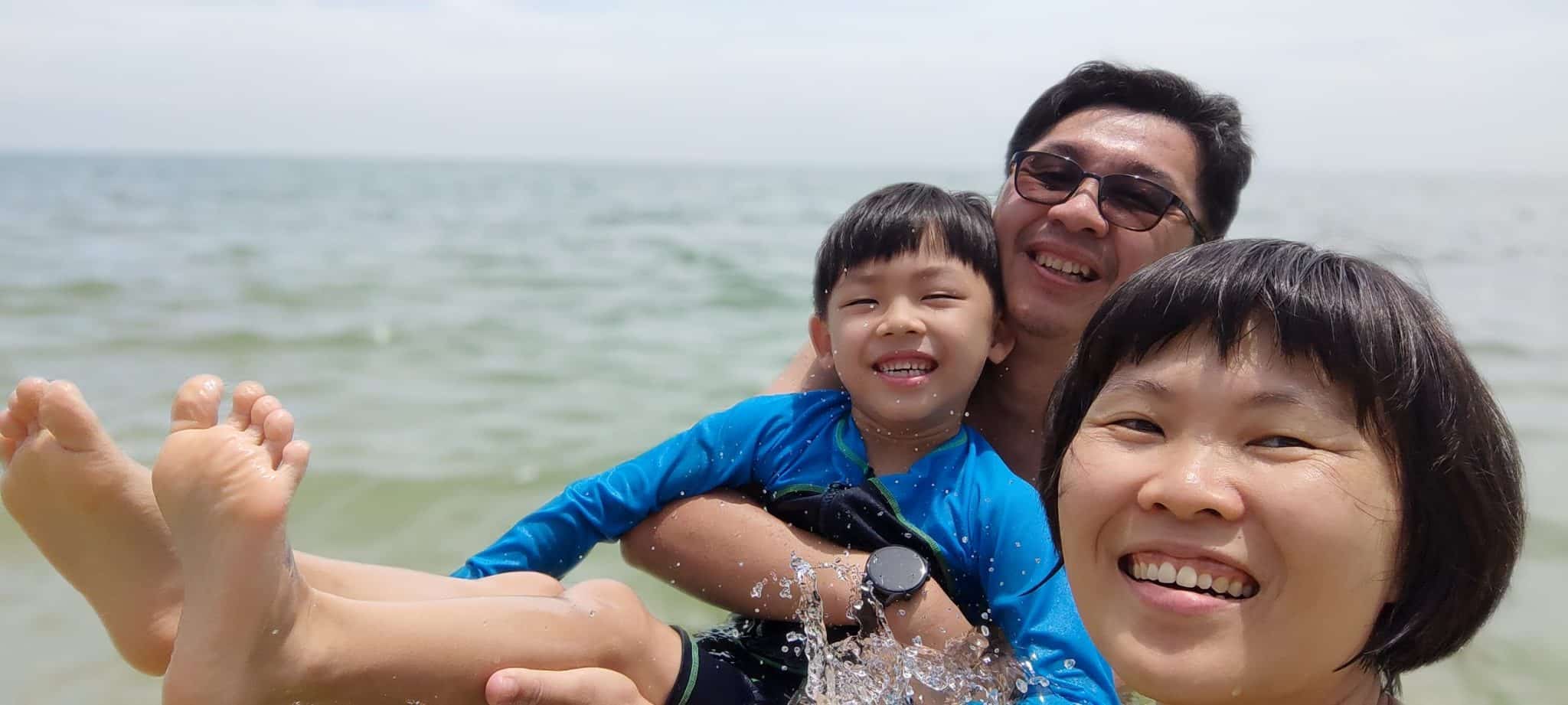
Photo by Hush Naidoo on Unsplash
As a Christian doctor and paediatrician, medicine, to me, is a divine vocation. I am called into it as much as another man is called into the ministry.
The words that Thomas Syndenham, a Christian physician, uttered in 1668 still ring true:
Whoever applies himself to medicine should seriously weigh the following considerations:
First that he will one day have to render an account to the Supreme Judge of the lives of sick people entrusted to his care.
Next, by whatever skill or knowledge he may, by the divine favour become possessed of, should be devoted above all things to the glory of God and the welfare of the human race.
Thirdly he must remember that it is no mean or ignoble creature that he deals with. We may ascertain the worth of the human race since for its sake God’s only begotten Son became man and thereby ennobled the nature he took upon him.
Finally, the physician should bear in mind that he himself is not exempt from the common lot but is subject to the same law of mortality and disease as his fellows and he will care for the sick with more diligence and tenderness if he remembers that he himself is their fellow sufferer.
As a Christian physician who has had to deal with severely deformed infants and very sick and terminally ill patients, the issue of euthanasia is very real to me.
Martin Luther once commented: “It is not by understanding, reading or speculating that one becomes a theologian, but through living, dying and being damned.”
The test of conviction
I have sat with a young couple whose newborn is a baby boy with anencephaly. I have talked with parents and relatives in the waiting room of the intensive care unit. I have stood by the bedside of a terminal patient after all available treatment has been tried and failed, and waited for the heartbeat to cease. I have had to calm emotionally distressed relatives in a cold hospital corridor at three in the morning.
It is at times like these that one’s theological and pastoral convictions are severely tested.
Doctors in such situations have to struggle with:
- Their medical training, which means doing everything possible not to give up or stop
- Their theological persuasion or worldview, which determines how highly they value the sanctity of human life, the sovereignty of God and stewardship
- And their compassion towards their patients.
All doctors, whatever their religious, or lack of religious, beliefs, struggle with these three areas.
A test of the medical profession
The basic tenet of the medical profession has been challenged.
The pillar of ethical medical practice has always been an alliance of Judeo-Christian values and the Hippocratic Oath.
An adherent would pledge “to use treatment to the sick according to my ability and judgment, but I will never use it to injure or wrong them. I will not give poison to anyone though asked to do so, nor will I suggest such a plan.”
It is knowing — by prayer — that this God is listening and responding that makes suffering bearable and more meaningful.
The physician is a healer, not a killer.
As Nigel Cameron wrote in The New Medicine: Life and Death After Hippocrates, the fundamental tenet of Hippocratic medicine was always to heal, motivated by an unexpressed, but very real, compassion.
Relief of suffering was a by-product of this commitment to help.
Recently, the cure of disease and the relief of suffering have been accorded equal importance. The former is driven by a mechanistic view of human beings and the latter by a poorly defined sense of compassion, with patient autonomy the guiding principle and financial concerns lurking in the shadows.
The emancipation from the Hippocratic tradition has led to a free-for-all in medical ethics.
Pain vs suffering
Underpinning my bioethics in my practice of medicine as a Christian physician is not the Hippocratic Oath but three principles of Scripture:
- The principle of the sanctity of human life
- The principle of the sovereignty of God
- And the principle of human stewardship.
The objective of my practice of medicine is to heal; it means to use all my knowledge, skills and prayers to cure, when possible.
If that is not possible, then it is my responsibility to relieve pain. It is not my job to relieve suffering.
“It is my responsibility to relieve pain; It is not my job to relieve suffering.”
I make the distinction between healing and the relief of suffering because I believe that suffering is a prophetic interaction between the sufferer and God.
Pain can be treated by effective pain management.
Suffering, on the other hand, is treated by building a deeper relationship with God and accepting death.
This is where sound theological teaching, counselling, prayerful intercession and support by the community of faith come in.
Suffering is easier to bear if someone walks with us through it. It is through faith in an ever-loving God and through knowing — by prayer — that this God is listening and responding that makes suffering bearable and more meaningful.
There is adequate demonstration of the power of faith and the power of prayer.
Implications on treatment
In my medical practice, I shall withhold or withdraw treatment if I believe further treatment will not work or the prognosis is so poor that there is virtually no chance of improvement.
Nonetheless, before I withhold or withdraw treatment, I will seek the opinion of another physician. I will not prolong dying. I do not consider the withholding or withdrawal of treatment to be euthanasia. I consider it good medical practice to know “when to let go”.
To know the limitations of medical care is an important aspect of medical practice.
To know the limitations of medical care is an important aspect of medical practice.
However, I consider food and water to be basic needs of life and not a form of treatment. Hence, I do not consider the withholding or withdrawal of tube or oral feeding to be morally acceptable.
I am aware of the tremendous amount of suffering that my patients, their families and their communities go through. I empathise with them. I acknowledge that suffering is not always ennobling.
But suffering can be made more bearable through the love and help of others.
One of the lessons a suffering person must learn is to accept help from others, and the lesson for the rest of us is to offer help.
I have highlighted the calling of the Church to help the sick and the suffering, especially the terminally ill. For those who are terminally ill and are dying, I have suggested the Christian alternative to euthanasia, which is a dignified death. (*These are topics covered in Dr Alex Tang’s book, A Good Day to Die: A Christian Perspective on Mercy Killing)
I believe in the culture of life. But the culture of life includes death. Everything dies.
Recently, there has been talk of a culture of life, which simply means embracing all that life has to offer us with joy and love.
It also follows that we respect all lives, all cultures, all ethnic groups and peoples, and enjoy the diversity of life. It suggests that we have to protect the environment from exploitation and reclaim the damaged environment.
I believe in the culture of life. I believe that we should embrace life with whatever we have been given. But I also believe the culture of life includes death.
Everything dies. Death is part of life.
And it is my sincere hope that Christians will take up the challenge of helping the terminally ill to have a dignified death, thus negating the desire for mercy killing.
This is an excerpt from A Good Day to Die: A Christian Perspective on Mercy Killing, by Dr Alex Tang, Armour Publishing, and is republished with permission. The book can be purchased here.
We are an independent, non-profit organisation that relies on the generosity of our readers, such as yourself, to continue serving the kingdom. Every dollar donated goes directly back into our editorial coverage.
Would you consider partnering with us in our kingdom work by supporting us financially, either as a one-off donation, or a recurring pledge?
Support Salt&Light



